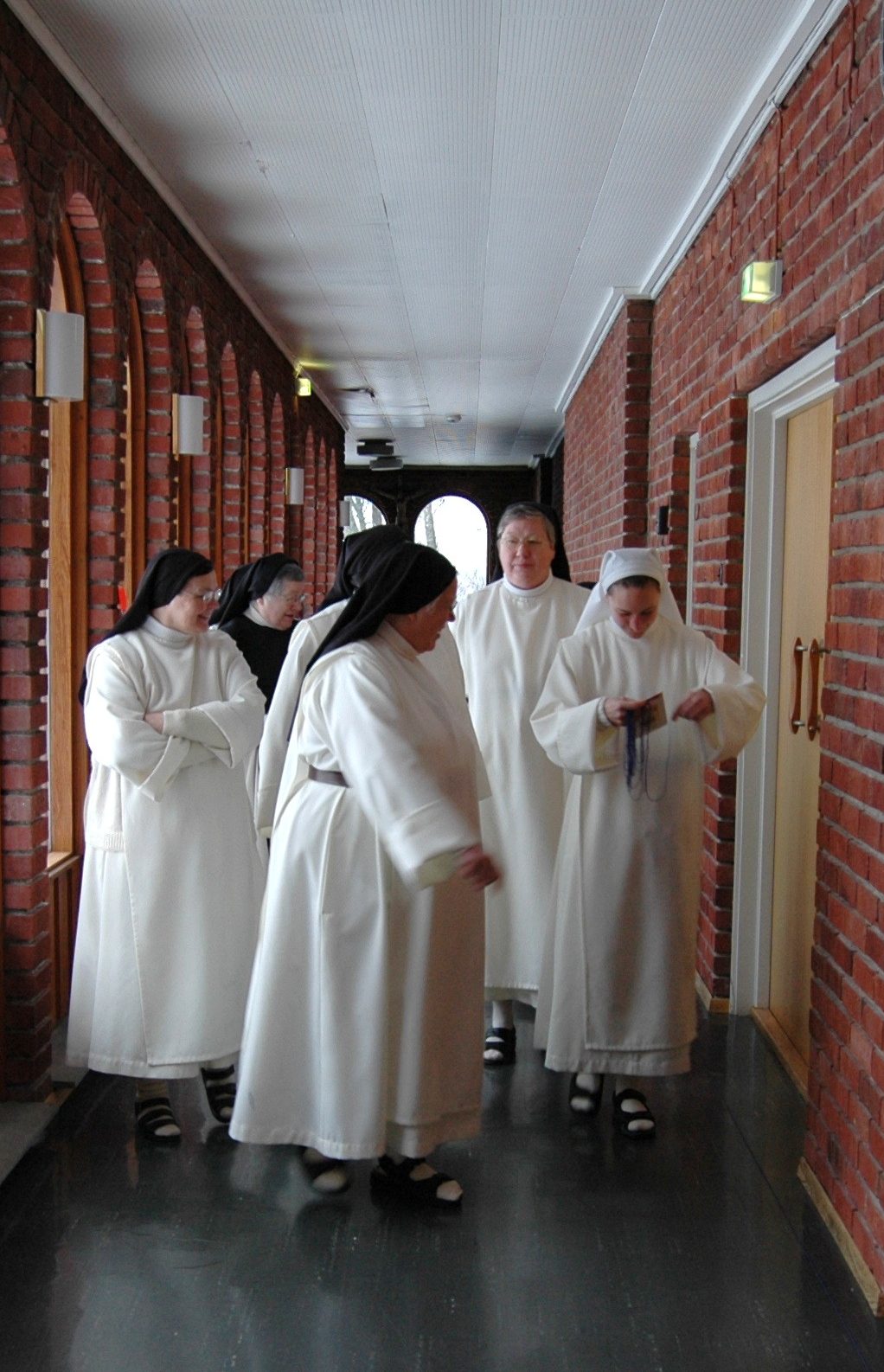Making decisions and guiding one’s actions in situations of uncertainty and in the face of conflicting inner forces is the place for exercising discernment, a classic term in the tradition of the Church which applies to a variety of situations. Indeed, one form of discernment is exercised in reading the signs of the times which leads to recognizing the presence and action of the Spirit in history. Moral discernment, instead, distinguishes what is good from what is bad. Still another form, spiritual discernment, aims to recognize temptation so as to reject it and proceed on the path to fullness of life. The connection of the various meanings of these forms is evident, a connection which can never be completely separated one from the other.
With this in mind, the focus in the case of the synod is on vocational discernment, that is, the process by which a person makes fundamental choices, in dialogue with the Lord and listening to the voice of the Spirit, starting with the choice of one’s state in life. The question of how a person is not to waste the opportunities for self-realization is part-and-parcel of every man and woman. For the believer, the question becomes even more intense and profound, namely, how does a person live the good news of the Gospel and respond to the call which the Lord addresses to all those he encounters, whether through marriage, the ordained ministry or the consecrated life? Where can a person’s talents be put to good use: a professional life, volunteer work, service to the needy or involvement in civil and political life?
The Spirit speaks and acts through the happenings in the life of each person, which in themselves are inexplicit or ambiguous, insofar as they are open to different interpretations. Discernment is required to reveal their meaning and to make a decision. The three verbs in Evangelii gaudium, 51, used to describe discernment, namely, “to recognize,” “to interpret” and “to choose”, can be of assistance in mapping out a suitable itinerary for individuals or groups and communities, fully aware that, in practice, the boundaries in the different phases are never clearly delineated.
(Fra forberedelsesdokumentet til bispesynoden 2018:
«Young People, the Faith and Vocational Discernment»)
